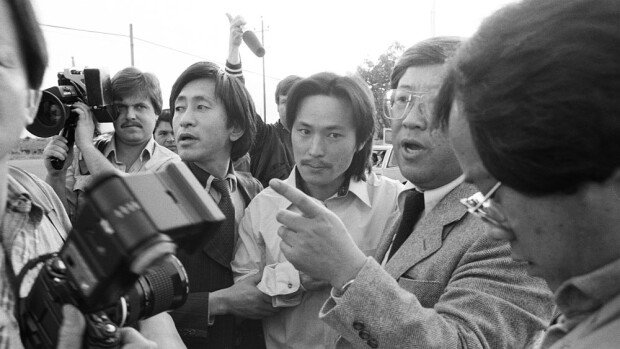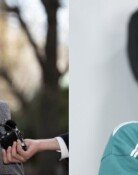‘Free Chol Soo Lee’ to be premiered at Sundance Film Festival
‘Free Chol Soo Lee’ to be premiered at Sundance Film Festival
Posted January. 25, 2022 08:08,
Updated January. 25, 2022 08:08

A documentary film about a case, where a Korean immigrant was wrongfully convicted of a murder in the 1970s due to false testimony by white witnesses is being released in the U.S. The NBC News reported that “Free Chol Soo Lee” co-directed by journalists Julie Ha and Eugene Yi will be premiered at the 38th Sundance Film Festival on Friday.
This film deals with the story of Chol Soo Lee (1952-2014), who was wrongfully convicted of murdering a gang member in San Francisco’s China Town in 1973 and was later found not guilty and released from prison 10 years later.
Lee, who was 21 years old at that time, was convicted of first-degree murder based on poor testimonies by white eyewitnesses and sentenced to life in prison. The film documents how white witnesses picked Lee among other suspects and these unfounded testimonies were adopted as evidence.
While serving his sentence in 1977, Lee was transferred to another prison designated for prisoners on death row for murdering another inmate. Around that time, “The Free Chol Soo Lee Defense Committee” was formed after Korean-American investigative journalist Lee Kyung-won questioned whether white witnesses could distinguish Asians in a short moment.
Since then, the Korean-American community paid attention to Lee’s story and raise money to cover legal fees for Lee. In 1982, Lee was acquitted in a retrial and released from prison the following year. In his later life, Lee had speaking engagements at many events and passed away in 2014. The NBC News wrote Lee, who was “a former street hustler,” became the “symbol for a groundbreaking social movement.”
Ha said she has always been attracted to the story of Lee and felt she had to “dig in” and “explore what was behind that heaviness.” Yi said he hopes that the “film can change not only how America sees Asian Americans, but also how we see ourselves.”
Min Kim kimmin@donga.com







